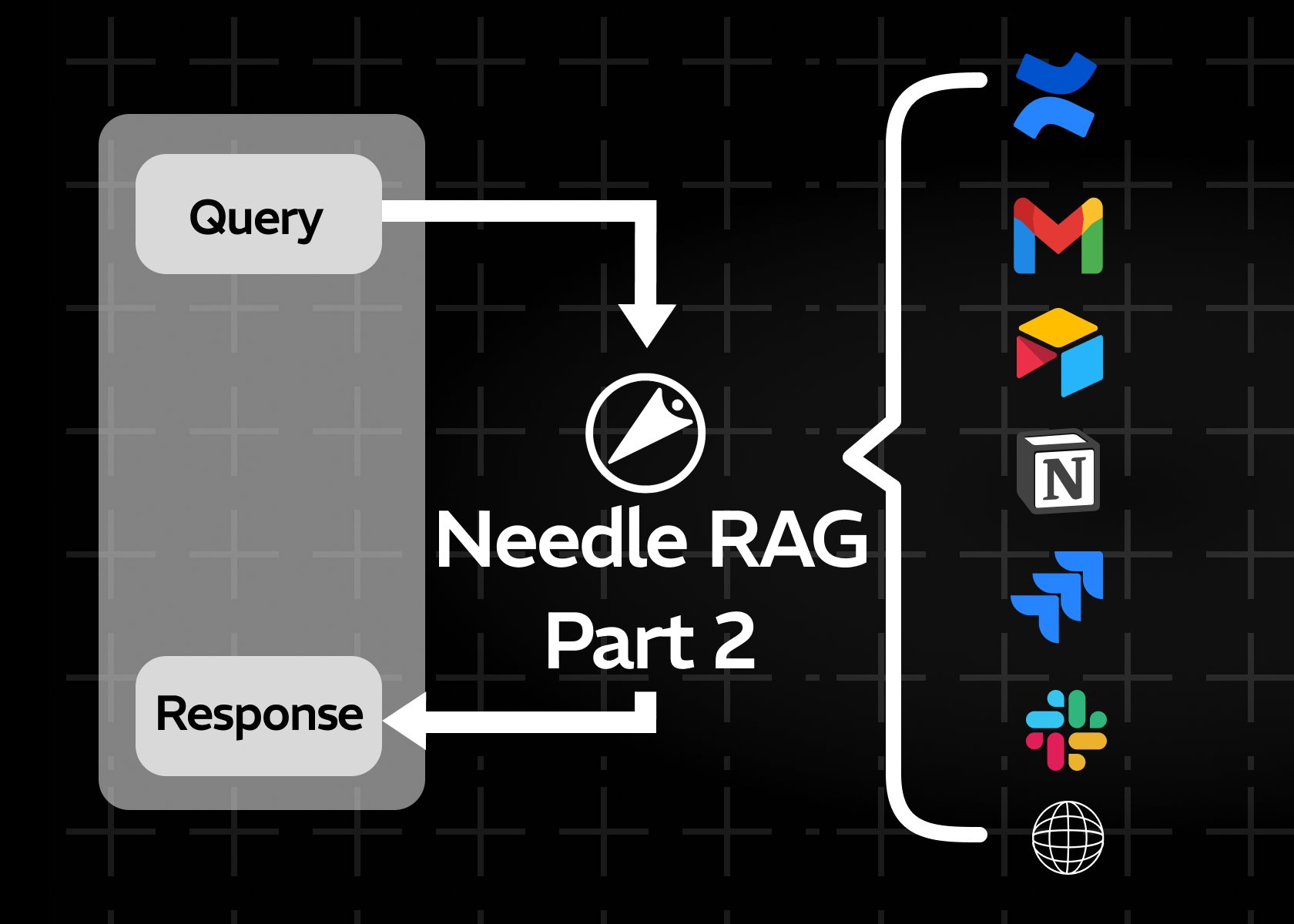Should I Buy or Build My Knowledge Management System? (Part 2)
A practical guide to deciding between building your own modern knowledge management system or going with a commercial platform
8 min read

Remember how in Part 1 we talked about transforming your scattered company knowledge into a real business advantage? Well, now let's tackle the big question that's probably keeping you up at night: Should you build your own modern knowledge management system (powered by RAG technology) or go with a commercial platform?
Trust me, we've seen companies wrestle with this decision countless times. Let's break it down in a way that actually makes sense.
The Reality of Running a Modern Knowledge System
First, let's get real about what you're signing up for. Creating an effective knowledge management system in 2025 isn't just about setting up a shared drive or wiki anymore. Modern systems need to be intelligent, connected, and able to understand context. Think of it more like running a smart library… you need to design it, build it, and then keep it running smoothly. Here's what that really looks like:
The Design Phase
You're going to need to figure out:
- Which knowledge sources actually matter (is it your emails? Your CRM? Those project management tools nobody uses properly?)
- How quickly people need to access information
- How to maintain institutional knowledge
- How to keep your legal team happy with compliance
- What your security requirements are
The Build Phase
This is where theory meets reality. If you're building it yourself, you're looking at creating an entire intelligent knowledge infrastructure, from data processing to smart retrieval systems. If you're buying, you're probably getting a ready-to-use platform with smart connectors for your existing tools. Either way, you'll need to test thoroughly to ensure your system actually helps people find what they need.
The Reality of Running It
Here's where it gets interesting. Modern knowledge management isn't like your old document repository. You can't just set it up and forget about it. You need to:
- Keep the system performing well as your knowledge base grows
- Ensure it's finding and delivering relevant information
- Update it as new AI and search technologies emerge
- Maintain connections with your evolving tool ecosystem
Real-World Examples That Shaped Our Thinking
A tech company spent six months building their own system, only to switch to a commercial solution when maintenance costs spiraled and keeping up with AI advances became a full-time job for their team. The lesson? Sometimes building in-house can be more expensive than it first appears.
On the flip hand, a medical research institute successfully built their own system because they had highly specialized document types and an existing AI team. For them, the extra control was worth the investment.
A Simple Framework for Deciding
Based on our experience with hundreds of implementations, here's a practical way to evaluate your options:
Start with these questions:
- Do you have unique document types that commercial solutions can't handle?
- Is your AI team already maintaining similar systems?
- Do you need complete control over every aspect of the system?
Consider the real costs:
- Building: Initial development ($200K-$1M+) plus ongoing maintenance
- Buying: Predictable subscription costs with updates included
Think about time to value:
- Building: 6-12 months for initial deployment
- Buying: Often up and running in weeks
Why Consider Needle?
Look, we're not going to pretend we're your only option. But here's what we offer:
- A unified knowledge hub that actually works across all your company information
- Smart connection of your existing knowledge bases
- AI-powered knowledge discovery that doesn't require technical expertise
- Enterprise-grade security for your intellectual property
- And most importantly: your team gets back those hours they spend searching for information
What's Coming in Part 3
Next up, we'll get practical. Whether you decide to build or buy (and let's be honest, for most companies, buying makes more sense unless you have very specific needs and deep technical resources), we'll show you how to make it work in real life. We'll cover everything from setting up smart knowledge bases to creating AI-powered knowledge assistants that actually make your life easier.
Want to see this in action? You can try our free tier or book a demo. No pressure - we're just here to help you stop wasting time searching for information.
This is Part 2 of our three-part series on building modern knowledge management systems.